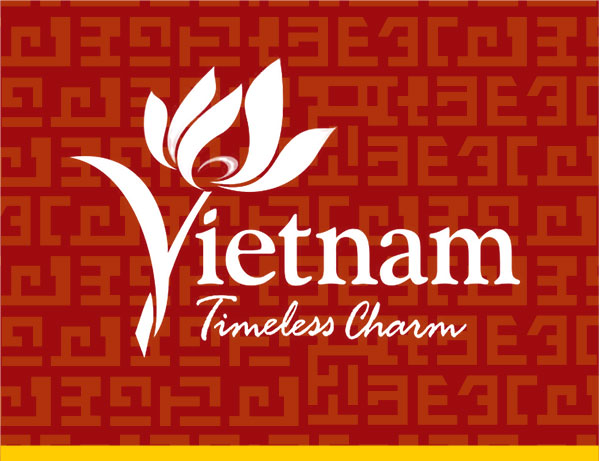Correct behavior
For Vietnamese individuals, appropriate behavior is outlined by Confucian precepts. Prior to now, the rules had been noticed to the letter. For example, in an age when polygamy was the norm, a lady’s subjugation was absolute, first to her father, then to her husband, and finally (if she was widowed), to her son. A spouse was additionally topic to her mom-in-law. Nowadays, the code is no longer mandatory, and is observed within the spirit, slightly than the letter of the Confucian code.
Except in rural areas, most of the excessive demands of Confucianism are considered outdated. Nonetheless, feminine subservience and obedience are nonetheless taken without any consideration by a big proportion of women and men – even within the cities.
Behavior in the household
Kids aren’t thought to be having ‘rights’. Daughters are anticipated to assist with household chores from an early age, to defer to males, to guard their virginity, and to treat marriage as automatic. Boys are sometimes indulged, and encouraged to pursue ‘manly’ activities. Children share rooms with their brothers and sisters, and in poor households, with their dad and mom as well. Nakedness and household discussion of sexual matters are taboo.
A lady’s obligation to care for her husband is unqualified. As an extreme instance, a spouse whose husband had contracted HIV from extra-marital sex or drug use would be expected to comply along with her partner’s needs have been he to want to make love to her without protection. Each families can be more likely to assist the man’s perspective have been she to resist. When AIDS started to develop, she could be obliged to care for him until his death no matter any risk to her personal health.
A new wife is expected to dwell in her husband’s household home, and take over the accountability for family chores from her mom in legislation, who then supervises her. Even if the couple transfers elsewhere, the daughter will likely be expected to resume her domestic position when she returns for a visit. ‘Modern’ husbands will be extra relaxed, and even assist in the home – extra traditional spouses will anticipate meals to be cooked on time, the house to be clean and the youngsters supervised as a matter of course, and will forbid his wife to leave the home for social functions without his permission.
Behavior in the office
Conventional Vietnamese organizations operate strict hierarchies. People have defined roles and report back to a right away superior who will direct his or her work. Data is on a strictly ‘need-to-know’ foundation – if a senior supervisor is away from work, solely his superiors will know where the particular person has gone and goes to return. Deference to superiors is crucial always – in a meeting, for instance, essentially the most superior particular person present will hold the ground and provides permission to inferiors to speak. Disagreeing with a superior’s view can be a serious breach of etiquette. A lot time is taken up with social ceremonies – tea ingesting and circuitous discussions take priority over work output.
Behavior in society
Appropriate deference must be paid to the representatives of authority. Law enforcement officials, bureaucrats, and public officials should be approached with appropriate humility, and needs to be given an appropriate gratuity for providers rendered (usually prematurely). Such behavior, usually thought to be corruption in the West, is a hangover from the Confucian custom of public service being an honorable exercise performed with out direct recompense, but rewarded by grateful supplicants. Prior to now, the ‘reward’ was often by cost in form, however is now almost at all times money.
Arguing in public and losing one’s mood is definitely incorrect behavior, and results in a critical loss of face.
The rules only apply to the family
Confucianism’s chain of deference omits any obligations in the direction of different members of society outside the family until they’re of higher social standing and linked through work or some similar activity. In ‘western’ cultures, not helping somebody in bother is condemned. In Vietnam, this isn’t so. For example, if a stranger is concerned in an accident and is injured, or is in obvious distress for some other cause, a large crowd will congregate instantly, however hardly ever will anybody intervene or do greater than watch.
Vietnam’s class divisions
Despite Vietnam’s communist orientation, there are clear divisions of status. The term ‘Nha que’ (‘peasant’, or ‘country individual’) is very pejorative.
It is far easier to distinguish members of the artisan class from center class Vietnamese than it would be in any developed country, even these with a practice of class division, such because the UK. Vietnamese feminine peasants put on distinctive shapeless clothes with saggy trousers, often with a conical straw hat, and infrequently cover most of their face with a handkerchief. Male peasants also put on shapeless garments, usually with a green ‘pith helmet’.
Individuals who consider themselves ‘center class’ distance themselves both physically and in gown and appearance. For girls, long fingernails and pale pores and skin are de rigueur to proclaim their superior status. They wear extra trendy garments and both expose their hair or put on a wide range of hats. On sunny days, middle class ladies usually put on elbow-length gloves and canopy their faces to avoid the tanning effect of the sun. Males typically develop a single long nail, often the little finger, to indicate that they don’t seem to be guide workers. Social interplay between the working and middle courses is virtually non-existent.
